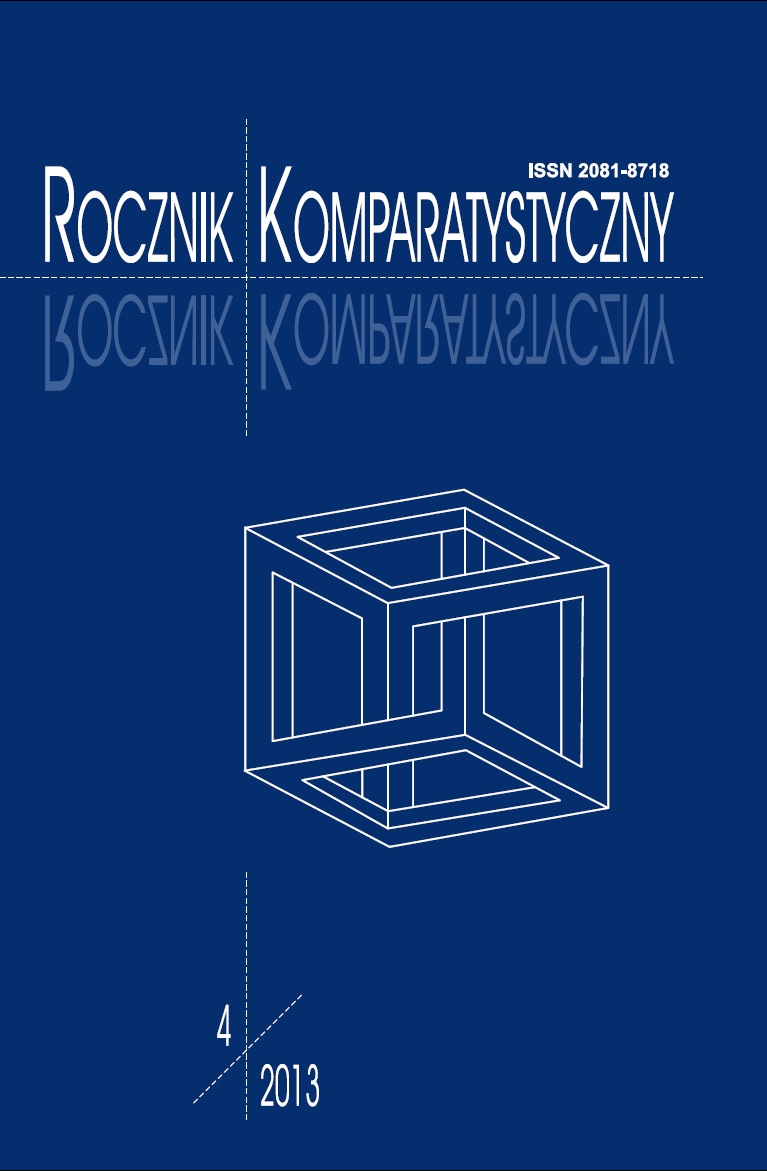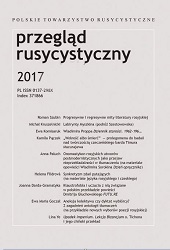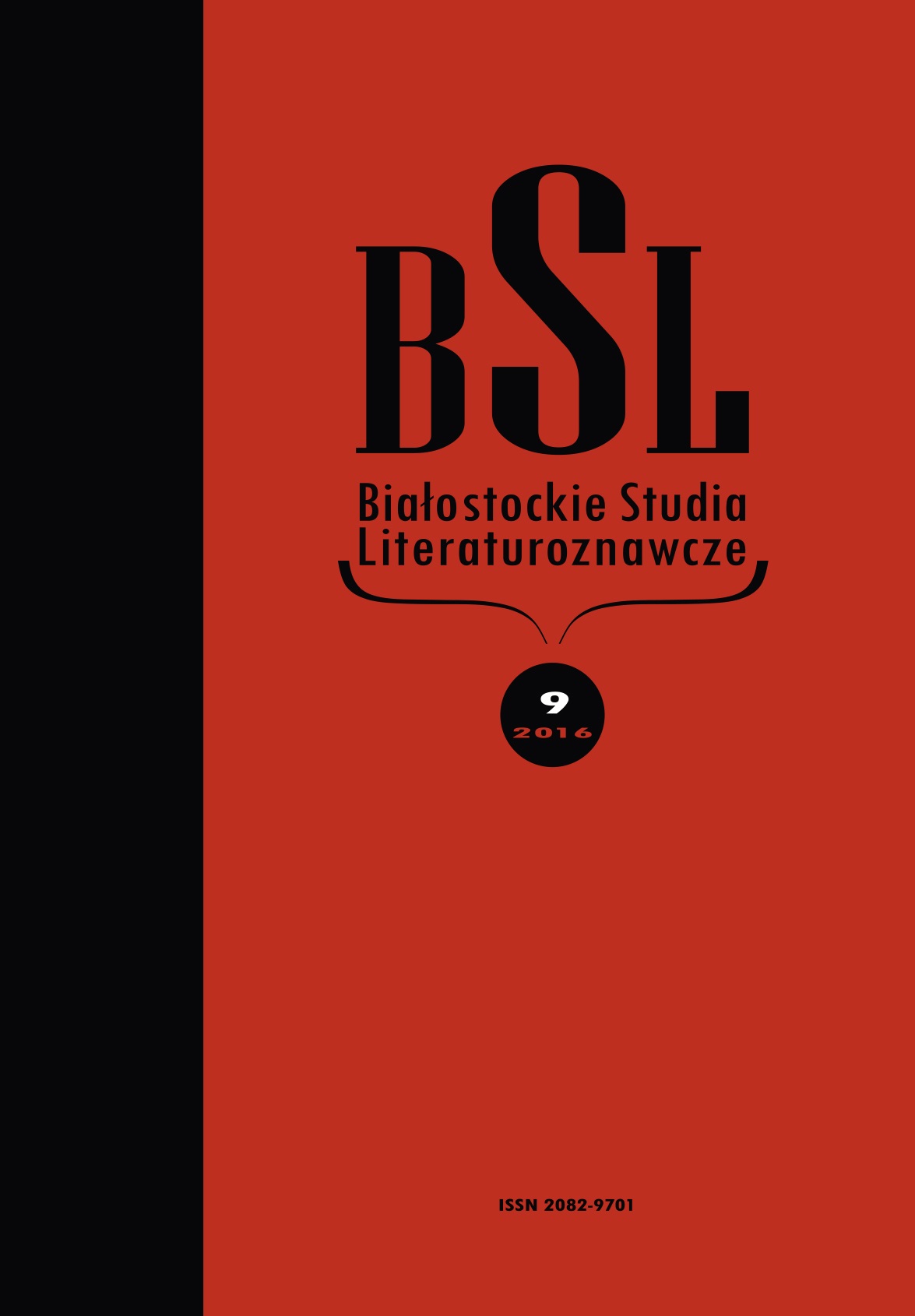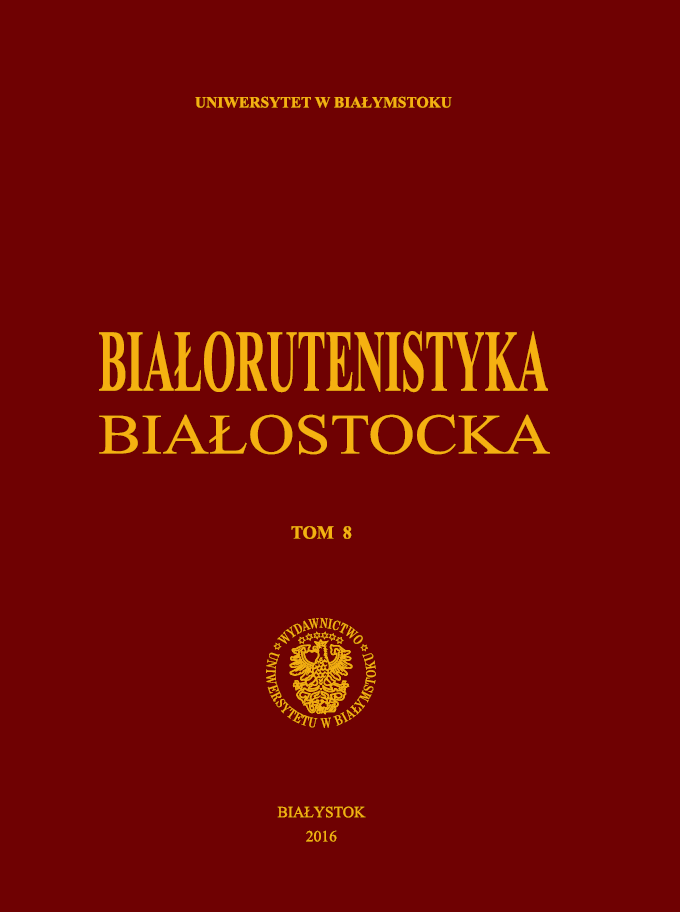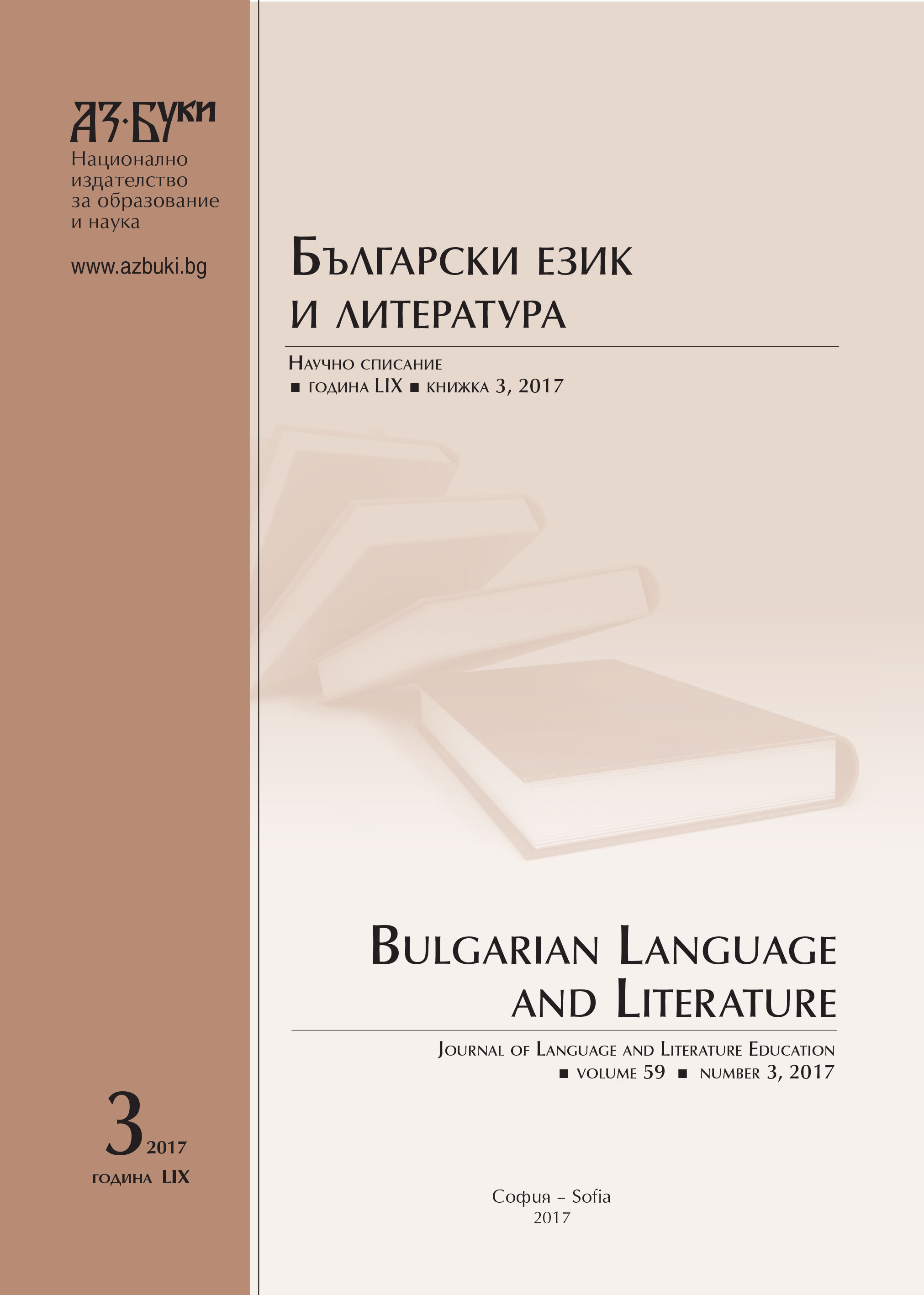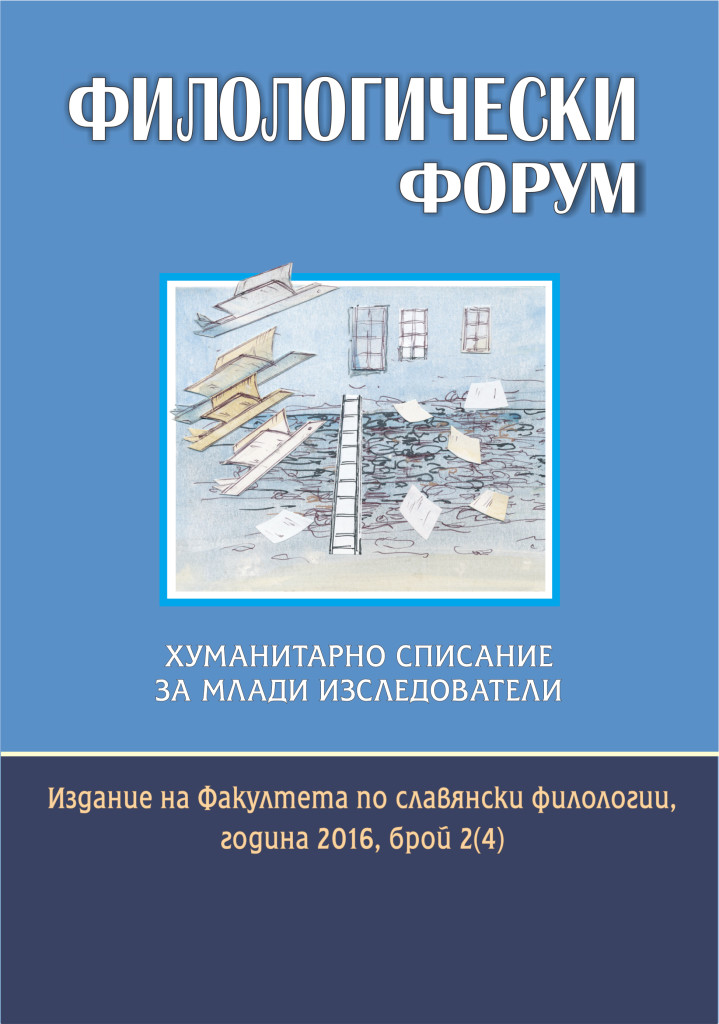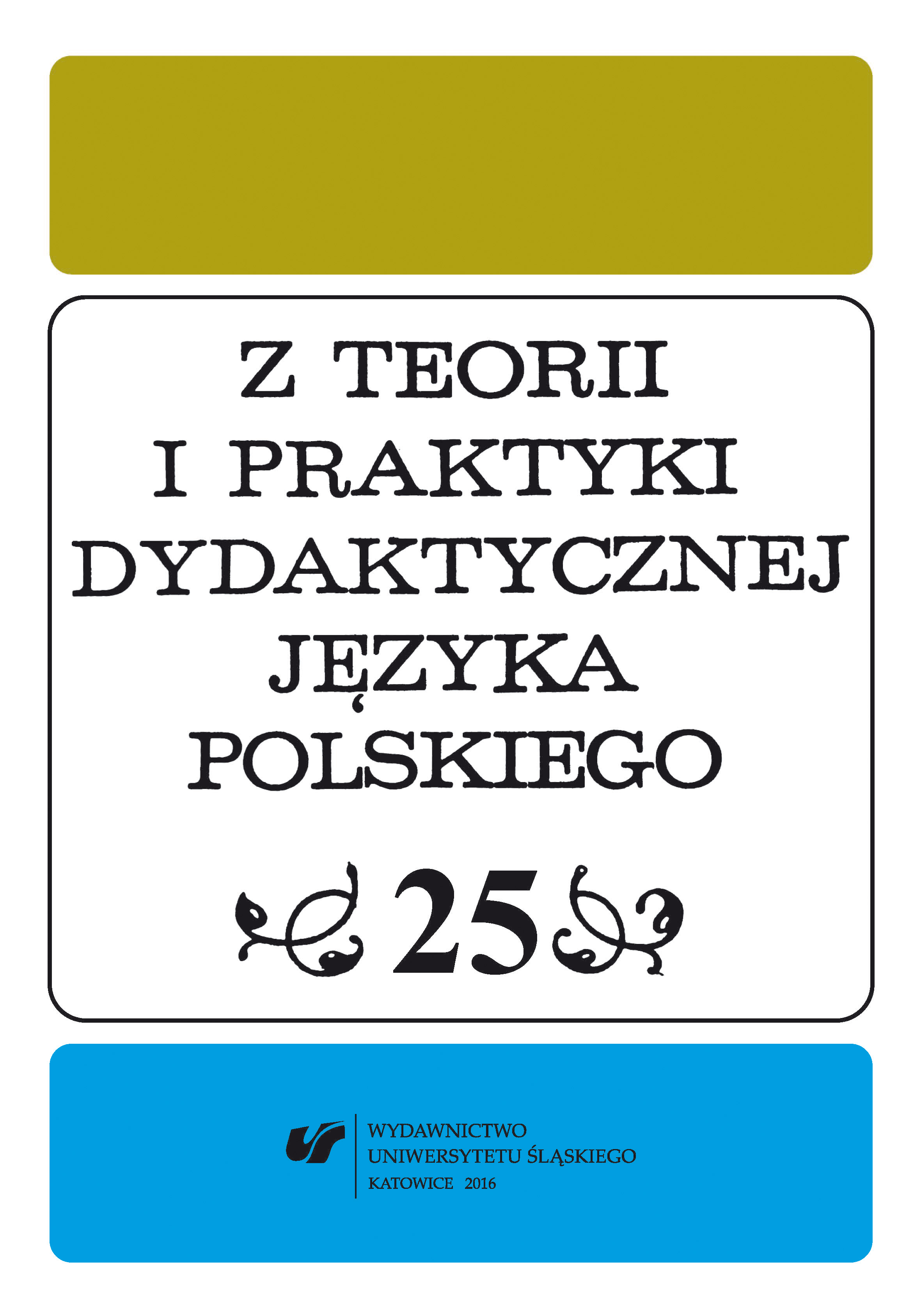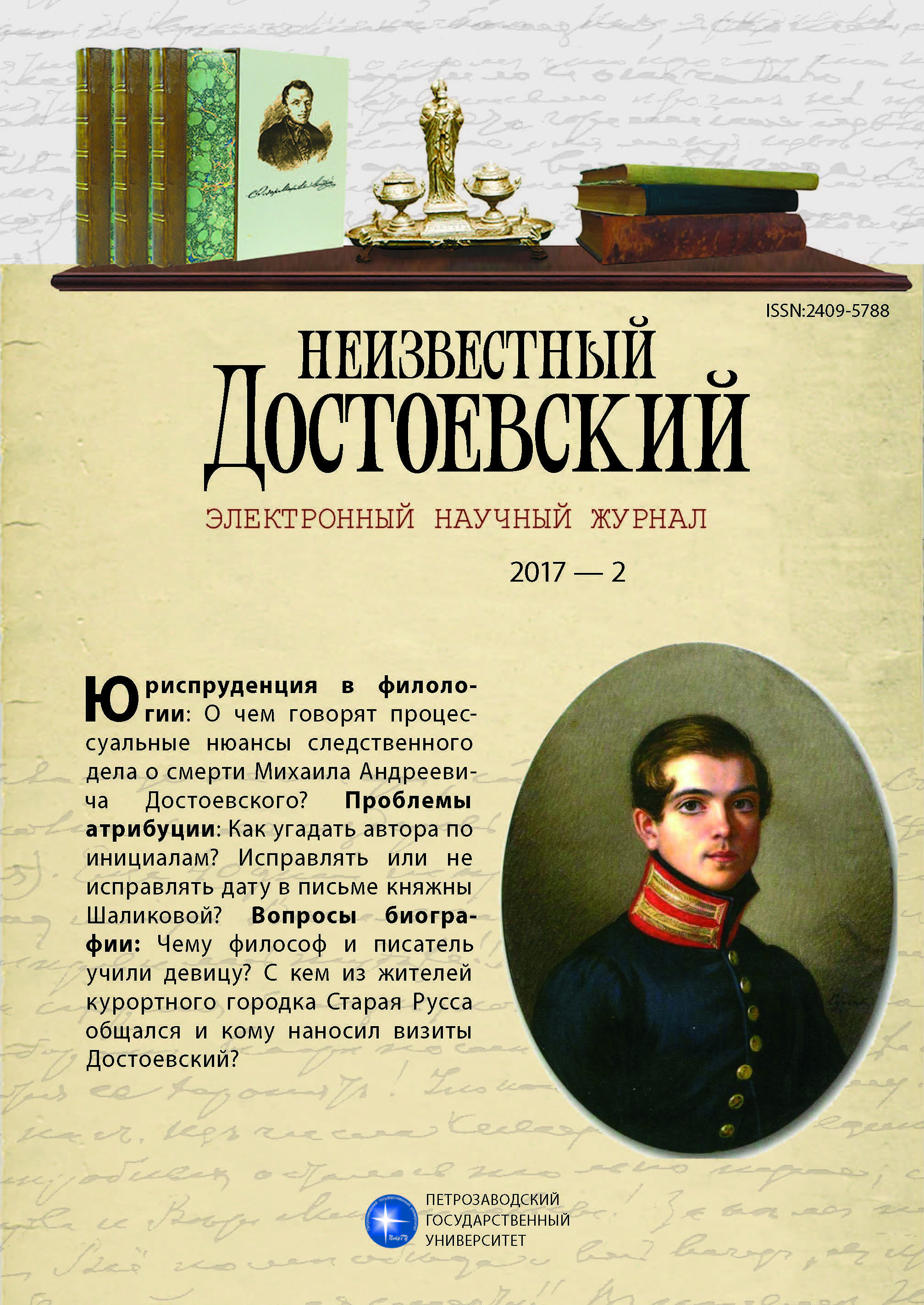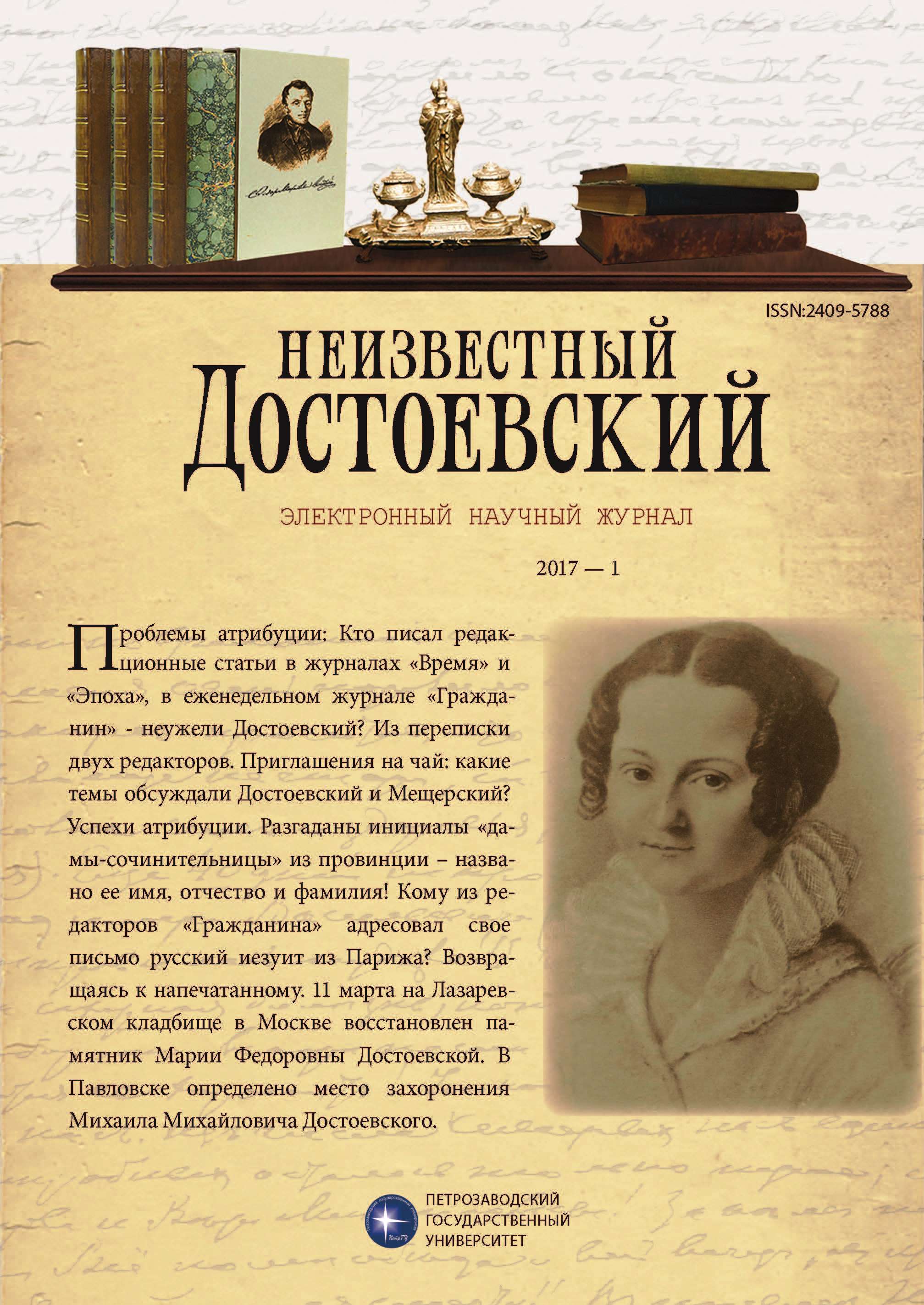
«Жизнь глядитъ свѣтлѣе…»: Отношения В. П. Мещерского и Ф. М. Достоевского в контексте их переписки
All the epistolary exchange between Prince V. P. Meshchersky, publisher of the newspaper-magazine “Grazhdanin”, a prominent politician of the second half of the 19th century in the circle of Grand Duke Alexander Alexandrovich, the future Emperor Alexander III, and F. M. Dostoevsky covers a period of nine years, beginning from 1872, soon after the return of the writer from abroad, almost until his death. The correspondence provides valuable material on biographies of the correspondents, the publishing history of the weekly “Grazhdanin” (1872–1879), and the attribution of anonymous and pseudonymous articles appeared in the magazine under the editorship of Dostoevsky. It is part of the research of the periodical’s manuscripts “portfolio” in the 1870s. All the letters are provided with textual comments and the necessary cultural and historical review.
More...
